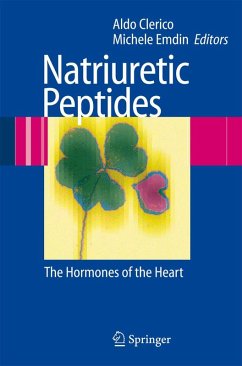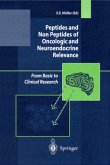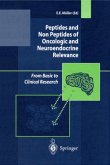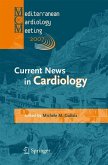The rapid knowledge in the field of neuro-humoral regulation of cardiovascular pathophysiology is changing the picture of current diagnosis and treatment of cardiac patients.
The emerging conceptual revolutionary idea is that heart acts not as a pump, merely, but as a "gland", that is as a regulator of circulatory homeostasis and salt-water balance.
Cardiovascular pathophysiology has to be written, indeed, on this basis: this physiology textbook gives an up-to-date description of the complexity and novelty of actual knowledge, with all its potential clinical implications.
The emerging conceptual revolutionary idea is that heart acts not as a pump, merely, but as a "gland", that is as a regulator of circulatory homeostasis and salt-water balance.
Cardiovascular pathophysiology has to be written, indeed, on this basis: this physiology textbook gives an up-to-date description of the complexity and novelty of actual knowledge, with all its potential clinical implications.
"...This is a useful book for scientists and clinicians alike, summarizing the vast clinical and laboratory experience of its contributors and reviewing most of the available literature on natriuretic peptides." (Patricio Silva, N Engl J Med, May 2007) "This is an excellent book by one of the major groups currently involved in cardiac natriuretic peptide research...This book reviews current knowledge on the physiology and pathophysiology of cardiac endocrine function and provides updated information on diagnostic, clinical, and therapeutic aspects of cardiac and systemic diseases... Overall the editors have succeeded in compiling an excellent book that would be an important addition to the libraries of those who wish to gain a deeper understanding of natriuretic peptides and the endocrine function of the heart." (Johannes Mair, Clin Chem, June 2007)








